By Harut SassounianPublisher, The California Courier
www.TheCaliforniaCourier.com
The High Advisory Board of the Turkish Presidency met last Tuesday for five hours to discuss how to respond “to groundless and anti-Turkey allegations” regarding the Armenian Genocide of 1915. The Advisory Board includes President Recep Tayyip Erdogan, Ismail Kahraman (former Chairman of Parliament), Bulent Arinch (former Deputy Prime Minister), Cemil Chichek (former Chairman of Parliament), Koksal Toptan (former Chairman of Parliament), Mehmet Ali Shahin (former Chairman of Parliament), Yildirim Akbulut (former Prime Minister), President’s Chief of Staff Metin Kiratli and Presidential Communications Director Fahrettin Altun.
It is very satisfactory to Armenians worldwide that the Turkish government, after lying about the occurrence of the Armenian Genocide for a century, going to extraordinary lengths to blackmail other countries economically and politically, spending hundreds of millions of dollars on hiring lobbying firms and publishing denialist propaganda, is spending long hours wondering how to counter “the Armenian lobby.”
This means that all of the Turkish efforts for 105 years to deny the Armenian Genocide have been in vain. Turkey has wasted a huge amount of resources and time to deny the undeniable! The Turkish government is welcome to try again to convince the world that no such genocide has taken place. Eventually, the Turkish leaders will give up seeing that they cannot persuade anyone to believe their lies. The day will come when the Turkish government will admit that it is much easier to tell the truth than to continue its useless strategy of distorting a well-established historical fact. It is in Turkey’s best interest to come to terms with the Armenian government and its Diaspora and negotiate a proper compensation and restitution for the damages caused to the Armenian people during the Genocide. Once Turkey acknowledges the historical facts and makes amends, it will no longer have to worry about the world’s reaction to the Armenian Genocide. On the contrary, the Turkish leader will receive accolades from the international community for facing the facts and dealing honestly with its past crimes.
In the meantime, the Turkish government is foolishly continuing its hopeless campaign of denial of the Armenian Genocide. After last week’s five-hour High Advisory Board meeting behind closed doors, President Erdogan’s Communications Director Fahrettin Altun relayed the President’s following statement: “hostility seeds that were tried to be sown through distorted historical events would not be able to find the opportunity to flourish in the land of truth.” He accused the “Armenian lobby” of exploiting the “challenging and painful era endured by all Ottoman citizens for the sake of political calculations through lies and slanders that were invented by various power groups.” Furthermore, he said that during the meeting, “comprehensive steps” were discussed to prevent the Armenian lobby from using the 1915 events to “defame Turkey and our nation and also the propaganda made by countries through unrealistic allegations that manipulate the issue with political calculations.” The Turkish Presidential meeting also deliberated on projects and activities set to “shed light” on the issues with historical and legal aspects, along with “facts for the national and international public,” he added.
This new Turkish Genocide denial plan may have been triggered by the resolutions acknowledging the Armenian Genocide by the U.S. House of Representatives (405-11 votes) and the unanimous vote of the U.S. Senate last fall.
The question is why would Turkey’s leaders spent five hours deliberating on genocide denial at a time when the coronavirus pandemic is raging in the country, its economy is in shambles, the Turkish Lira has collapsed and Erdogan is losing the public’s support. According to some analysts, this is Erdogan’s tactic to deviate the Turkish public’s attention from his misrule and misadventures both within and outside the country.
Last month in a TV speech, Pres. Erdogan, showing his exasperation at the multiple problems of his government, once again lashed out at the “Armenian lobby,” among others. He vowed: “We will not give up before the forces of evil, either FETO, the PKK, the Armenian and Greek lobbies, or centers of hostility in the Persian Gulf.”
The Armenian government quickly reacted to Pres. Erdogan’s lies about the Armenian Genocide. This is a welcome development, as previous Armenian governments ignored all such Turkish outbursts. The Armenian Foreign Ministry’s spokeswoman Anna Naghdalyan responded: “The statements made by the Turkish President on justifying the Armenian Genocide and insulting its victims are not a novelty and are manifestations of hate speech, which have an impact on maintaining and strengthening the atmosphere of xenophobia against Armenians in that country…. Denialism has no future, no matter who and how frames it. Despite the efforts of the authorities of Turkey to suppress the truth, the truth has been prevailing.”
The European Armenian Federation for Justice and Democracy also issued a statement calling Erdogan’s latest plans to deny the Armenian Genocide a “dangerous xenophobic policy of the Turkish authorities, directed against the activists of the Armenian cause…. Unfortunately, the denial of the Armenian Genocide and the incitement of hatred against Armenians are a state policy in Turkey.”
In addition, the Armenian National Committee of America Western Region along with Assyrian, Greek and Jewish organizations issued a joint statement slamming the Turkish government’s latest announcement on countering the Armenian Genocide: “Understanding that denial is the final stage of genocide, enforcing the erasure of a people’s history and suffering, we call on people of good conscience to bring awareness to the plight of the victims of genocide both past and present, to hold accountable those who seek to distort historical truth, and ensure that never again will the world watch in silence while genocide is perpetrated.”
My advice to President Erdogan and his cronies is to abandon Turkey’s century-long failed efforts at denial of the facts of the Armenian Genocide, acknowledge the truth and embark on a mutually agreed plan to compensate for the losses suffered by the Armenian nation as a result of the Genocide.
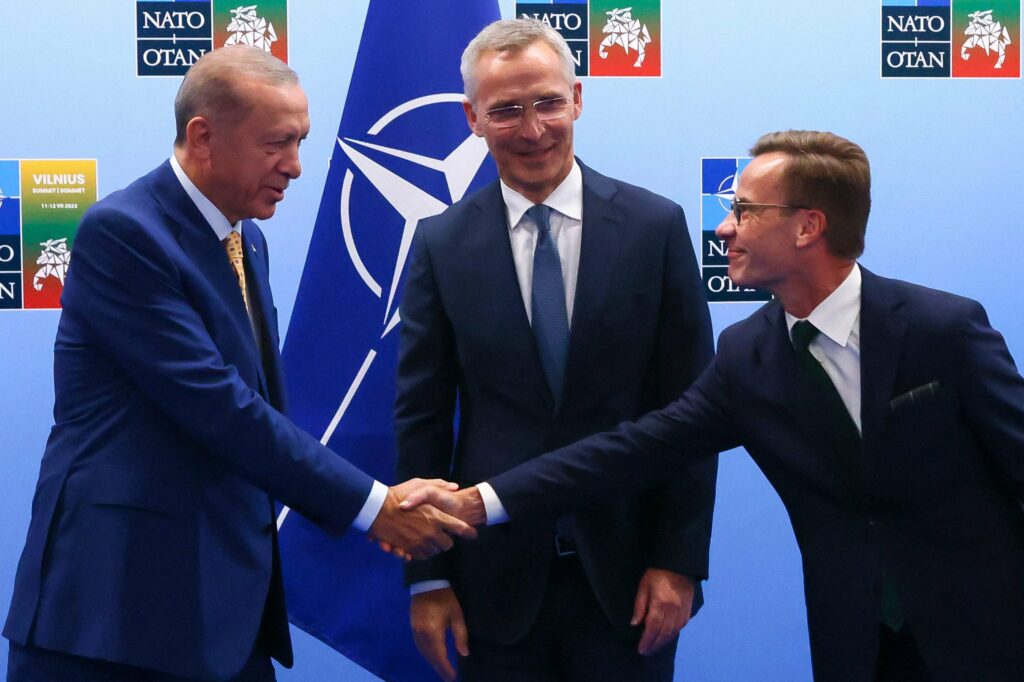

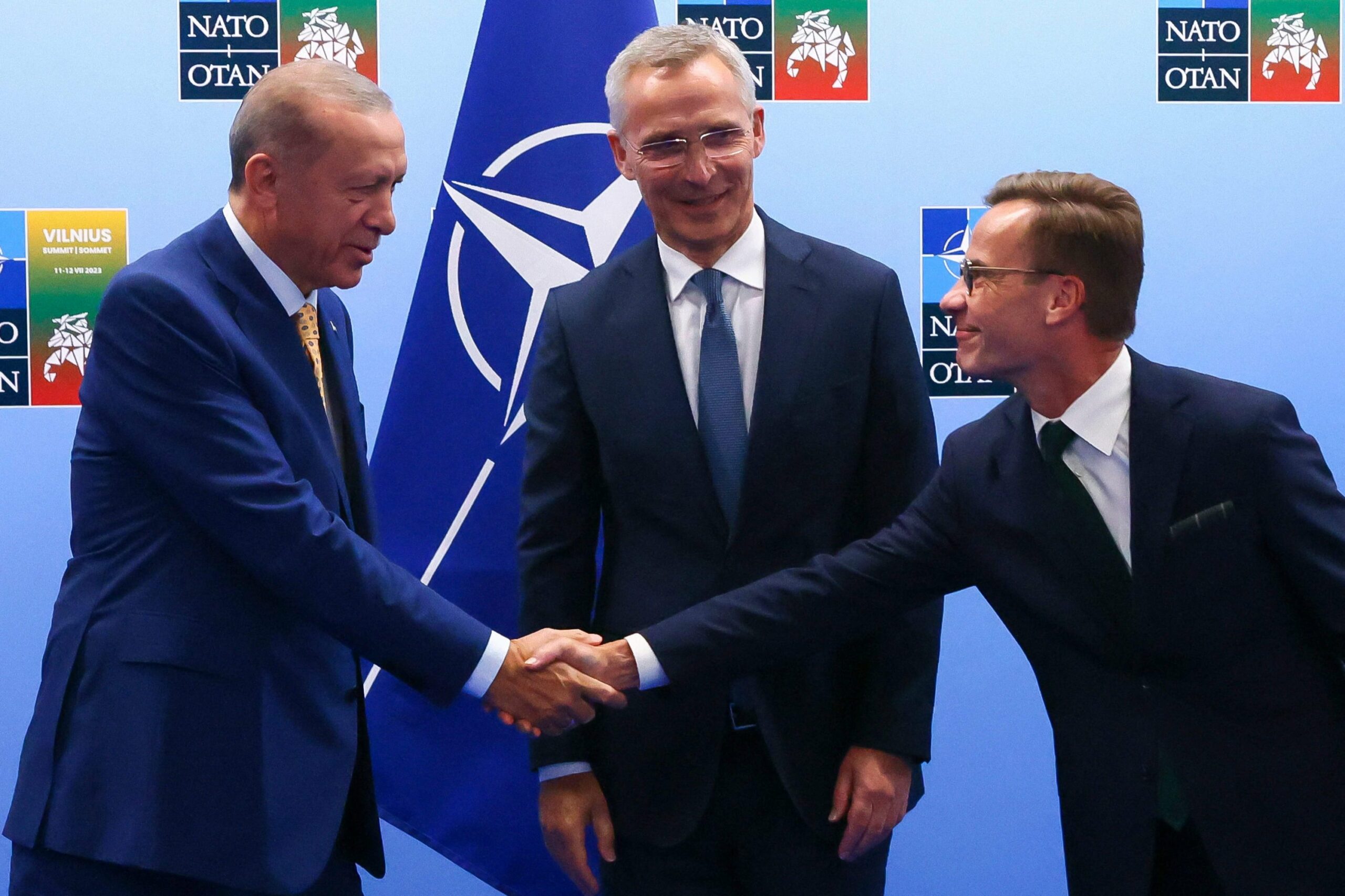

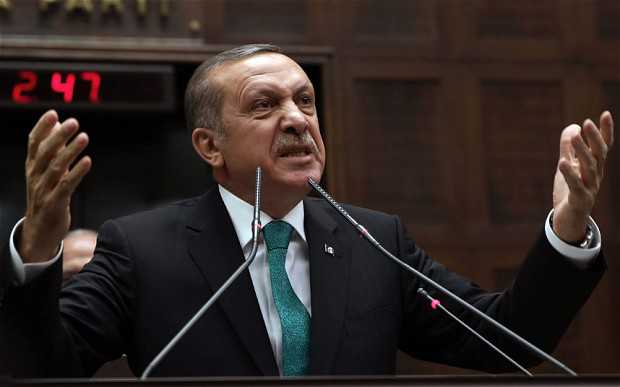

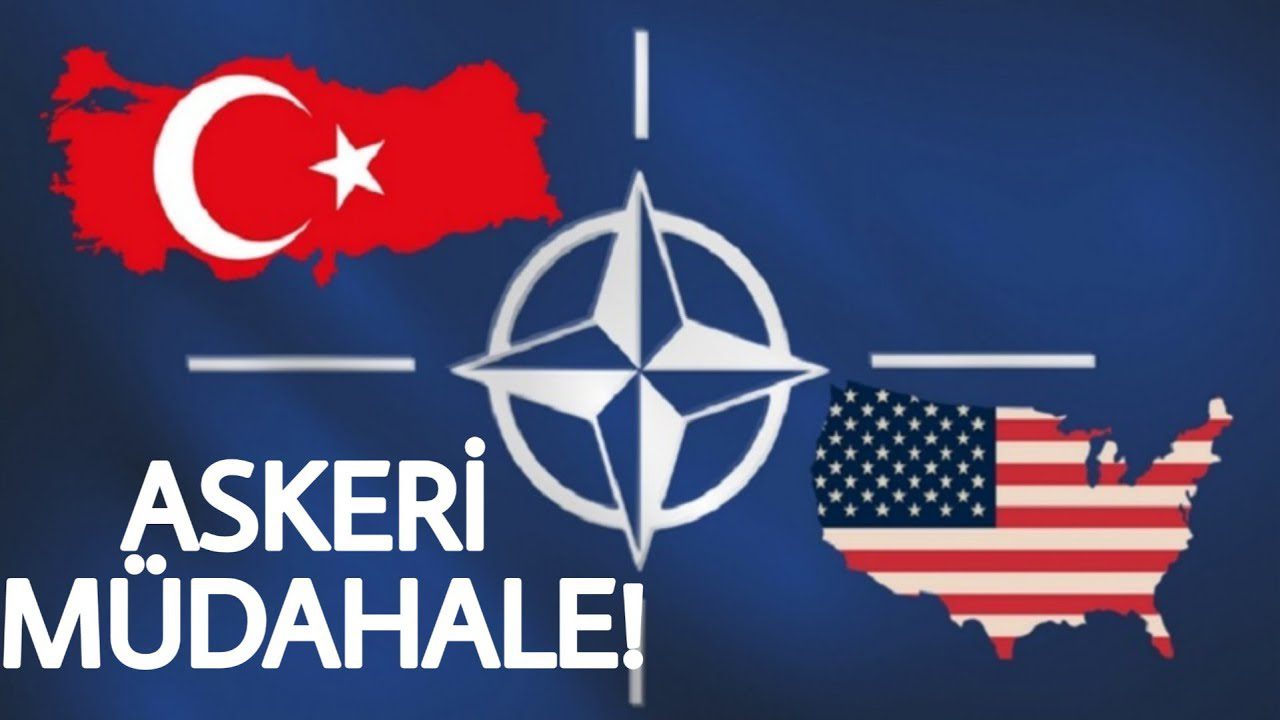
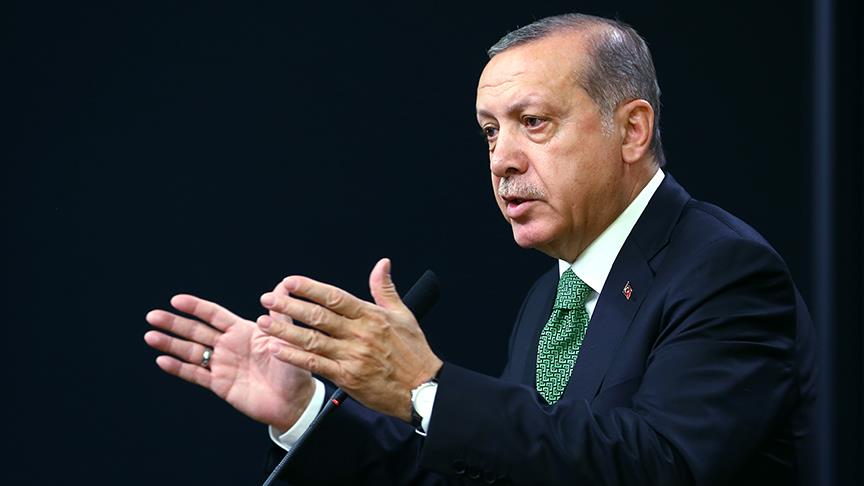
Erdogan’s power grab should worry Nato
Hannah Lucinda Smith
The Turkish president is reshaping the western alliance’s second-biggest army in his own image
This month Recep Tayyip Erdogan, president of Turkey, attended commemorations for the anniversary of the death of Kemal Ataturk, the general who beat Britain and its allies at Gallipoli and went on to found the Turkish republic. The day is designed to humble any living Turkish leader. Erdogan walked behind soldiers carrying a wreath picked out with the Turkish flag through the neo-classical promenade and plaza of Anitkabir, Ataturk’s mausoleum in the heart of Ankara.
In the sarcophagus hall, he bowed his head to the body of the only man who still rivals him in Turkey, as the Last Post and the national anthem were played. The soldiers saluted Ataturk, not Erdogan.
But as he walked back outside, the tables turned. A chorus went up…
Continue reading
Subscribe to The Digital Pack
for instant access
thetimes.co.uk/subscribe/digital/